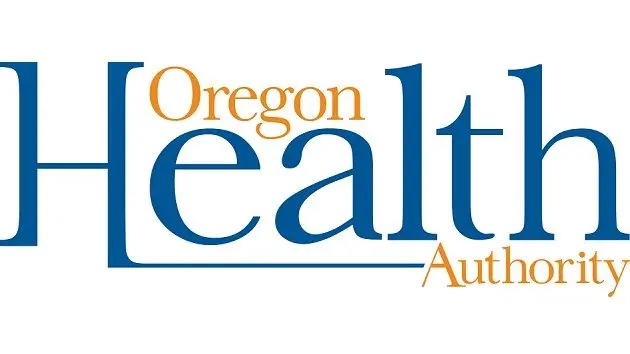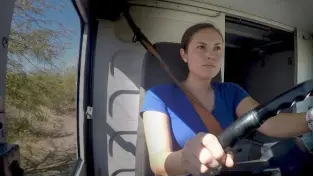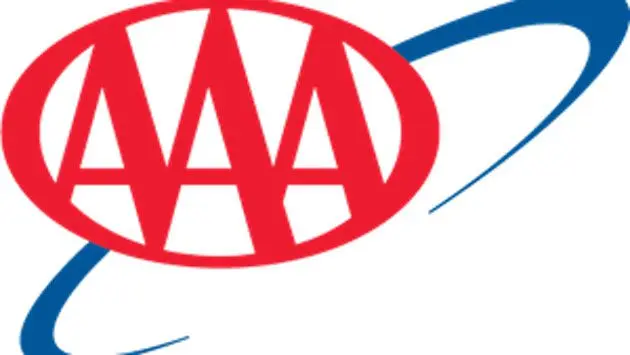Updated guidance released by the new, four-state West Coast Health Alliance has cleared the way for federally approved 2025-2026 COVID-19 vaccines to be available, without a prescription, to anyone who wants them.
Alliance members—the states of Oregon, Washington, California and Hawaii—jointly announced Consensus 2025-26 Respiratory Virus Immunization Recommendations for COVID-19, influenza and respiratory syncytial virus (RSV) vaccines. The recommendations state that immunization is safe and effective, and it offers the best protection available against respiratory viruses. The recommendations also endorse broad access to the COVID-19 vaccine for anyone who chooses protection.
“Following recent federal policy decisions on vaccines, it’s been difficult for all of us to make sense of the sudden shift from having ready, reliable access to COVID-19 vaccines to wondering whether these vaccines would be available at all,” said Dean Sidelinger, M.D., M.S.Ed., health officer and state epidemiologist at Oregon Health Authority.
“My colleagues across all four states in the Alliance have been working across state governments and with partners to identify and implement strategies needed to put these recommendations into effect,” he added.
To view Gov. Tina Kotek’s announcement, visit https://apps.oregon.gov/
Sidelinger spoke during a Wednesday afternoon media briefing to answer questions about the West Coast Health Alliance announcement and share a forecast for the upcoming respiratory virus season (a recording of the media briefing is at https://youtube.com/live/
Elizabeth Powers, M.D., family medicine physician and local public health officer at Winding Waters Clinic, a federally qualified health center in Wallowa County, also participated in the briefing. She shared that she treats hundreds of patients with respiratory viruses every year.
“For many, these viruses cause mild to moderate infection, but for some, they result in hospitalization and, tragically, death,” Powers explained.
The West Coast Health Alliance adopted current federal recommendations for influenza vaccines and RSV immunizations, which are similar to last season, with minor updates to RSV products. Sidelinger said the COVID-19 recommendations are based on data on those at highest risk for severe outcomes, including children younger than 2, adults 65 and older, people with underlying medical conditions, previously unvaccinated people, those living in congregate settings, and pregnant individuals. The Alliance also recommends COVID-19 vaccines be available to all who choose them, as they have been in previous respiratory virus seasons.
Traditionally, insurers have covered vaccines recommended by the Centers for Disease Control and Prevention’s Advisory Committee on Immunization Practices, or ACIP. However, the ACIP has become “an unreliable source of vaccine recommendations,” Sidelinger said.
As a result, OHA has worked with the Oregon Governor’s Office, the Oregon Department of Consumer and Business Services, and Oregon Educators Benefit Board and Public Employees’ Benefit Board to maximize private insurer coverage for the COVID-19 vaccine. Medicaid and Medicare will continue to cover the cost of the updated COVID vaccine as they previously have.
And effective Wednesday, Sept. 17, pharmacists can continue administering COVID-19 vaccines without a prescription, after the Oregon Board of Pharmacy changed its rules and protocols in response to federal actions that restricted vaccine access across the country.
“Oregon and its partners in the West Coast Health Alliance are committed to safeguarding scientific expertise and vaccine access, and leading with clarity, science and care so that individuals and families know their options and can access the protection they deserve,” Sidelinger said.
The Alliance’s announcement comes potentially just weeks before the start of fall respiratory virus season. Hospitalizations due to COVID-19, influenza and RSV during fall and winter in Oregon and the U.S. are forecasted to be similar in volume to last season, according to an Aug. 25 CDC report, and the state must stay vigilant.
“As we say in public health, every respiratory virus season is a bad respiratory virus season,” Sidelinger said. “Concurrent increases in influenza, RSV and COVID-19 activity can easily stretch hospital capacity thin.”
For Powers, the key to that vigilance is helping people in Oregon understand the importance of getting vaccinated, particularly those at highest risk.
“Vaccines are the most powerful tools we have in preventing severe respiratory infections. They are underutilized, and there is a lot of disinformation out there making it harder for people to understand whether vaccines are safe and which vaccines are recommended,” she said. “There are people in my community who should get an updated COVID-19 vaccine because they are more likely to get very sick with these viruses—these include young children, the elderly, and those with underlying medical conditions.”
But she also agrees with the West Coast Health Alliance recommendations that “everyone who wants a COVID-19 vaccine should have access to one.”
People can get the COVID-19, influenza and RSV vaccines by checking with their health plan, health care provider, local public health clinic or federally qualified health center. They can also call 211 or visit 211info.org.






